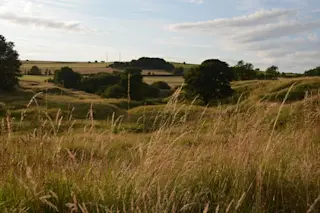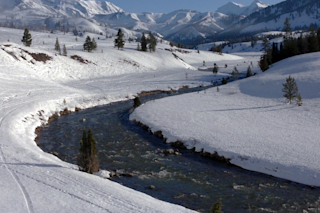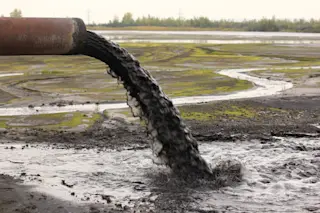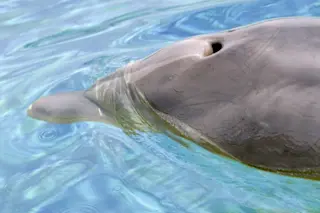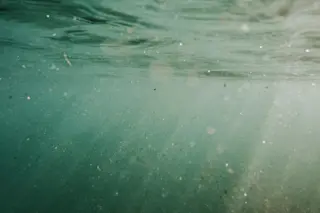It’s perhaps historically appropriate that the word “ironic” contains “iron.” Mining and smelting minerals like iron represented technological highs at the Roman Empire’s peak. But those activities also produced enough lead pollution to impair its citizens’ IQs, according to a new study in PNAS.
“Detailed ice core records of Arctic lead pollution, together with sophisticated atmospheric modeling and modern epidemiology, indicate that human industrial activities were measurably damaging human health more than 2,000 years ago,” says Joe McConnell, a scientist at the Desert Research Institute and lead author of the study.
Ice sample on the melter during continuous ice core chemical analyses at the Desert Research Institute (Credit: Sylvain Masclin)
Sylvain Masclin
Scholars have debated lead poisoning’s impact on Roman history for decades. Some have even argued that lead poisoning played a role in the downfall of the Roman empire. Most of those arguments have focused on ancient writings and ...


